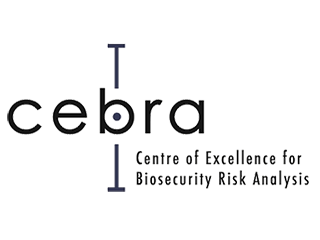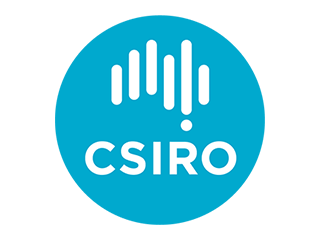Our journey
EcoCommons and our team, based at the Queensland Cyber Infrustructure Foundation (QCIF), have a proud track record of building virtual laboratories in partnership with other organisations and organisations.

Our track record of innovation
The EcoCommons was officially launched November 2022 with an event at the Ecological Society of Australia (ESA) conference.
In 2024 the EcoCommons has partnered with QCIF and ARDC to build additional functionality.
Our evolution
2014 - BCCVL was released
BCCVL, which is still in operation today and will soon migrate to EcoCommons, is a point-and-click environment where users from all coding experience levels have access to curated datasets and scientifically-approved modelling workflows they can use to build trusted models using an easy to use interface. BCCVL dramatically reduces the time to implement a species distribution model and raises the standard of modelling by enabling more comprehensive sensitivity analysis.
2018 - ecocloud was released
ecocloud, which is also in operation, is a command-line environment developed for the environmental space, where intermediate to advanced users can run their own scripted analyses on the cloud and can access high performance computation and free cloud storage. ecocloud will join EcoCommons’ full suite of digital modelling and analysis tools.
2018 - Tinker was released
Tinker, was a platform built for the Humanities and Social Science sector based on the platform developed for ecocloud. The Tinker project was one of the first national platform projects to adopt the technology innovations from the now EcoCommons program.
2019 - CSDM was released
CSDM, designed as a proof-of-concept, is a custom-made portal for specialised users in the government sector with shared responsibilities and interests in listed threatened species. Similar to BCCVL, the platform offers a point-and-click environment where users can access trusted curated data sets, as well as upload their own data in a secure workspace, and run customised analyses to inform the needs of governmental users. The CSDM also gives users the ability to publish model outputs and collaborate on results.
2022 - EcoCommons is scheduled for launch
EcoCommons built on the success of virtual laboratories like BCCVL and ecocloud. The team re-engineered the core functions of both into a new, unified platform, offering enhanced functionality, high-performance models, and free cloud storage.
2024 - EcoCommons moves to QCIF
The EcoCommons team at QCIF is currently expanding datasets, developing new functionalities, integrating with other platforms, and building new collaborations.
Our partners











- EcoCommons Australia partners with the Australian Research Data Commons (ARDC), which is supported by funding from the National Collaborative Research Infrastructure Strategy (NCRIS) https://doi.org/10.47486/PL108.

